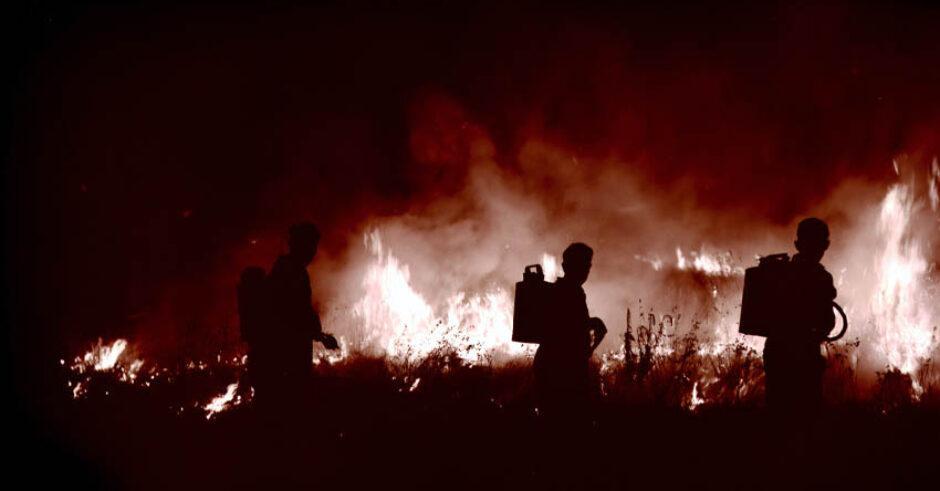In 2005, U.S. President George W. Bush read a book about the 1918 flu pandemic. He returned to Washington DC and said, “This happens every 100 years. We need a national strategy.” In response, the United States drafted a pandemic plan, including diagrams for a global early warning system, funding to develop new vaccine technology, and a national stockpile of critical supplies, such as face masks and ventilators.
The effort lasted for three years, but was not sustained. Large pieces of the plan were either not fully realized or not executed at all, as other priorities and crises took hold, such as counterterrorism, hurricane season, and wildfires. Although some elements of that plan have formed the foundation for the national response to the coronavirus pandemic underway right now, I think we can all agree that if we had been more prepared, the situation would not be as dire as it is today.
What does this have to do with business? Everything. Organizations are notorious for starting critical projects or plans, and then not sustaining them. Why? For the same reasons noted above: other priorities and crises take hold. The problem with this situation is that you are forever operating from a position of weakness (a reactionary fire-fighting mode) vs. a position of strength (a proactive strategic mode).
Curing the fire-fighting syndrome is not easy. Fires are usually the result of a high-pressure executive request, which is filled with unrealistic expectations because the executive is under pressure. However, curing the fire-fighting syndrome is worth the effort because this mode causes employees to mistrust leaders, be less productive, be resentful, and ultimately disengage.
JILL, WHAT CAN I DO? First, build a strong problem-solving culture. When a fire emerges, understand the root cause, find a valid solution, fix it within realistic deadlines, and don’t reward the firefighters. When you succeed at rectifying some of the underlying problems, fires become less frequent. Second, communicate with your fire starters. From my experience, many leaders do not understand how detrimental their unrealistic requests are. And why would they? The team comes through every time, regardless of the request! If you have a perpetual fire starter in your company, communicate the negative impact, so the person understands the consequences. Savvy leaders will get it and hopefully limit the number of matches they throw on the ground in the future.





